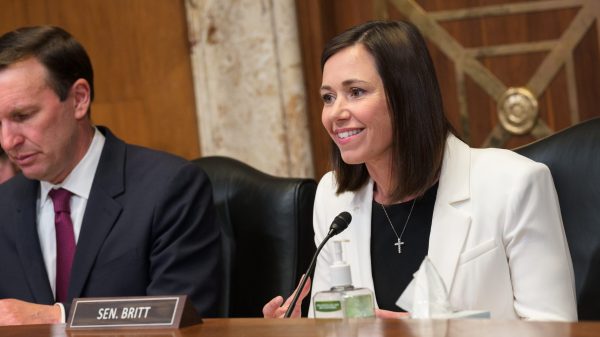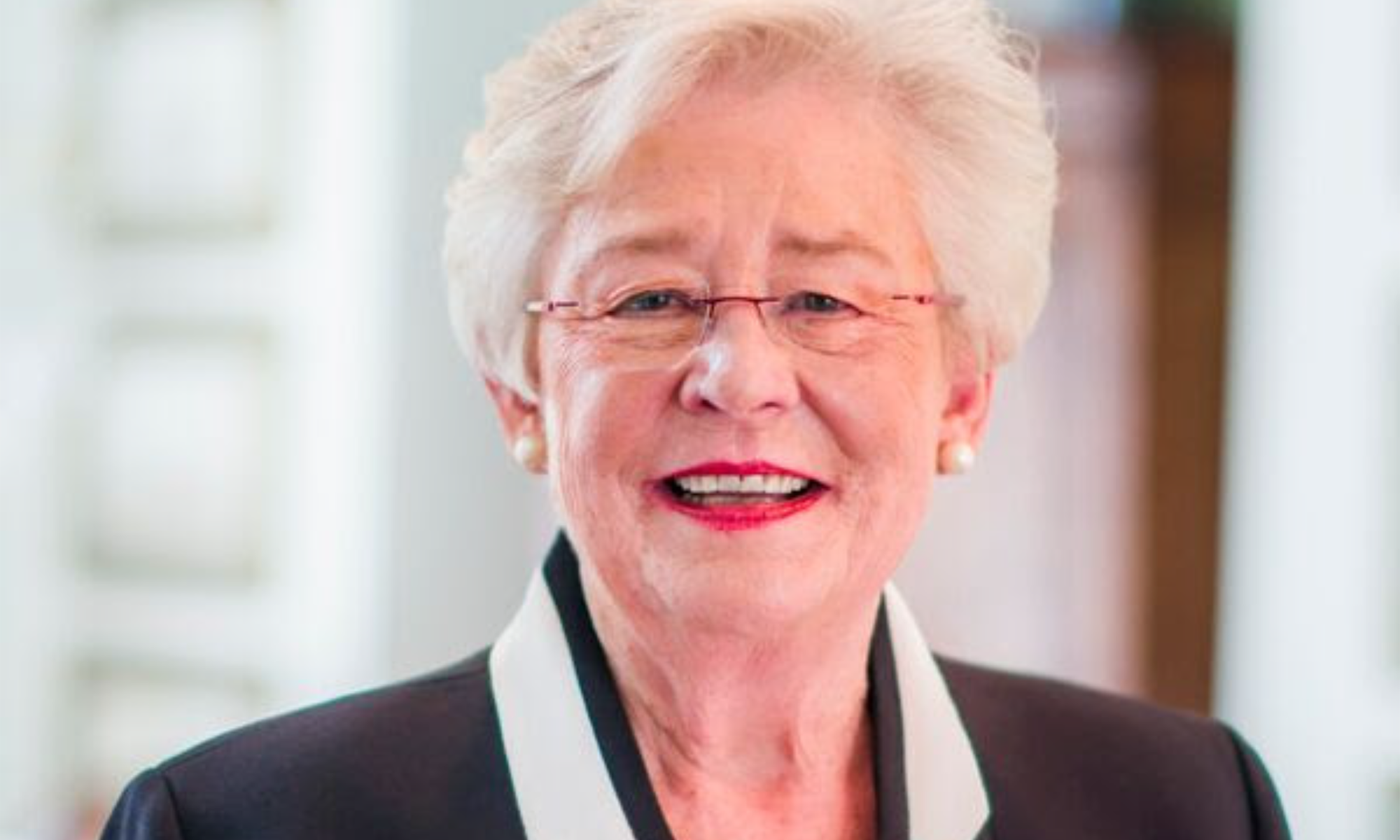Gov. Kay Ivey announced Wednesday the creation of the Alabama HBCU Co-Op Pilot Program. Ivey made the announcement while at the inaugural Alabama HBCU Competitiveness Convening, hosted by the Alabama Governor’s Office of Minority Affairs (GOMA) and the White House Initiative on Historically Black Colleges and Universities.
The Alabama HBCU Co-Op Pilot Program was created under the umbrella of the Alabama HBCU Initiative and is incorporated into Governor Ivey’s Strong Start, Strong Finish education initiative. Ivey has made apprenticeships and work-based learning part of her education reform effort.
“Alabama is home to the largest number of HBCUs in the nation, and consistently produces some of the most talented professionals in the world,” Ivey said. “The Alabama HBCU Co-Op Pilot Program will provide students with the opportunity for hands-on work experience in STEM fields and allow for greater collaboration between Alabama’s HBCUs, top companies across Alabama, the state of Alabama and the federal government.”
Governor Ivey concluded, “Our HBCUs are important to the community and our economy, and we must do all we can to support their success, especially as we work to build a highly skilled workforce.”
Students will be required to complete three co-op semesters in order to gain a sense of professional experience in the area of their majors. Students will receive a certificate of completion when they successfully complete the program.
“HBCUs serve as a leader in graduating minority students, especially in the areas of STEM,” GOMA Director Nichelle Nix said. “Because of this, combined with the economic growth in Alabama’s tech, aerospace and automotive industries, the time is ripe for a conversation to align the priorities of Alabama’s HBCUs with those of the state’s private and public sectors, as well as with the federal government. Crafting a sustainable strategy will help ensure HBCU competitiveness.”
Economic Developer Nicole Jones told the Alabama Political Reporter, “Co-op programs and internships allow students to apply what they have learned in the classroom and give students the practical experience necessary to excel and develop professionally within their chosen career paths.”
“The Alabama HBCU Co-Op Pilot Program is a workforce development initiative and an excellent example of collaboration between the public and private sector that will continue to strengthen Alabama’s position in preparing students for careers in an array of fields,” Nicole Jones added, “Fourteen Historically Black Colleges and Universities (HBCUs) exist within the state of Alabama, the largest in our nation. We are looking forward to the talent that will develop as a result of these partnerships between education and industry.”
Students must be at least 18 years of age, enrolled at one of the 14 Alabama HBCUs; must have completed their first year of study for 4-year students, and complete at least one 15-week term for 2-year students. Students must be a racial/ethnic minority with a minimum GPA of 3.0 in a STEM field of study.
The Governor’s Office of Minority Affairs will distribute applications for the pilot program to each Alabama HBCU in early 2019.
More information about the program and the application process can be found at: www.goma.alabama.gov
GOMA was created in March 2016 and is a cabinet-level agency. The mission of GOMA is to ensure the inclusion of women and minorities in the success and prosperity of the state of Alabama.
The number of Historically Black Colleges and Universities in Alabama shrunk this spring to 14 when Concordia College in Selma closed its doors after the spring semester. It was founded in 1922 in association with the Lutheran Church.
Kay Ivey was elevated to Governor in April 2017 when Gov. Robert Bentley (R) resigned. She is seeking her own term as Governor in the November 6 general election.


















































